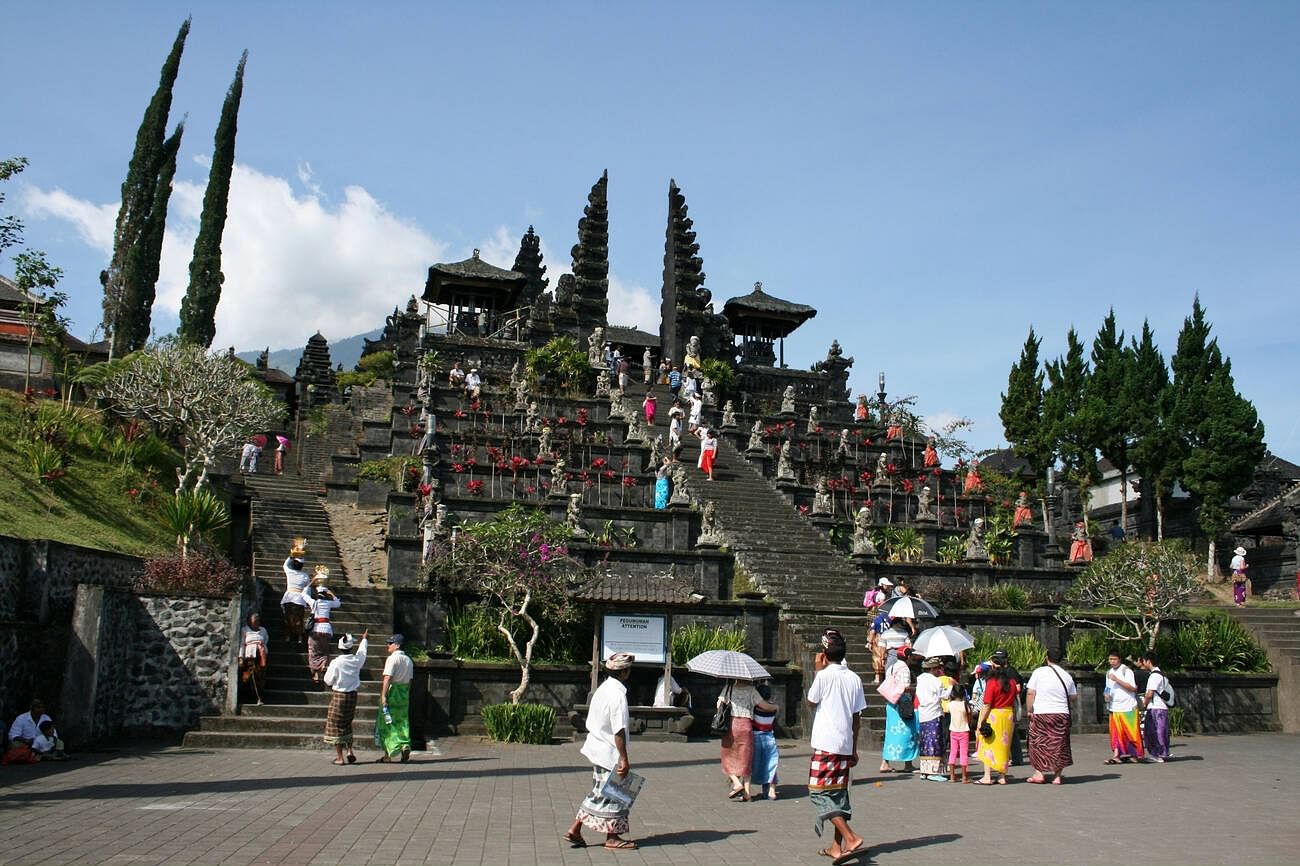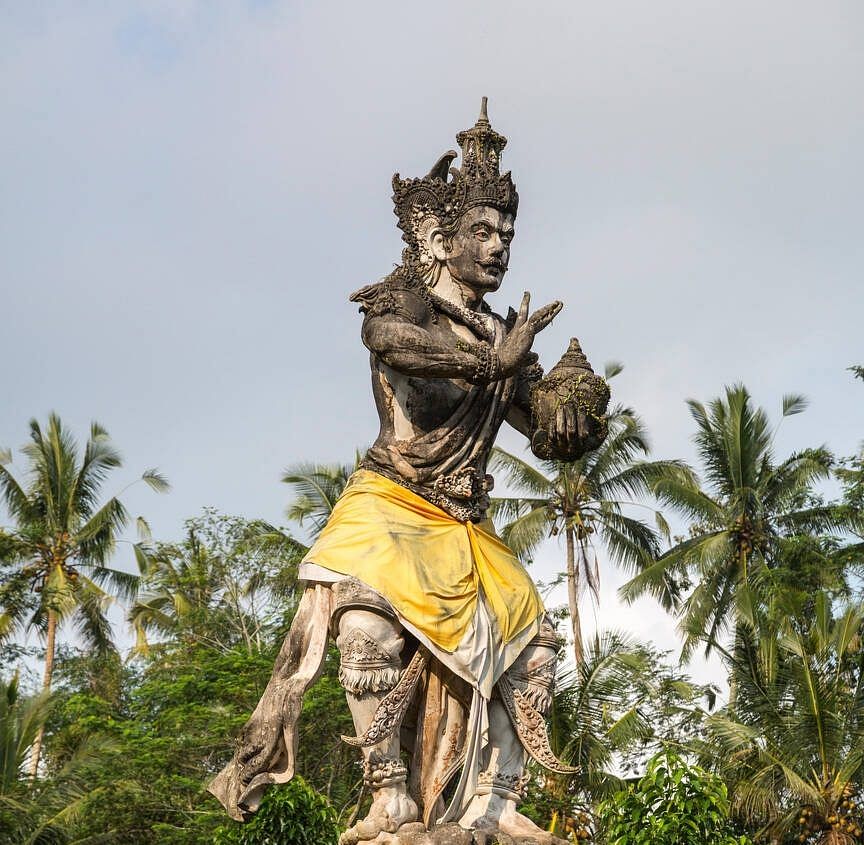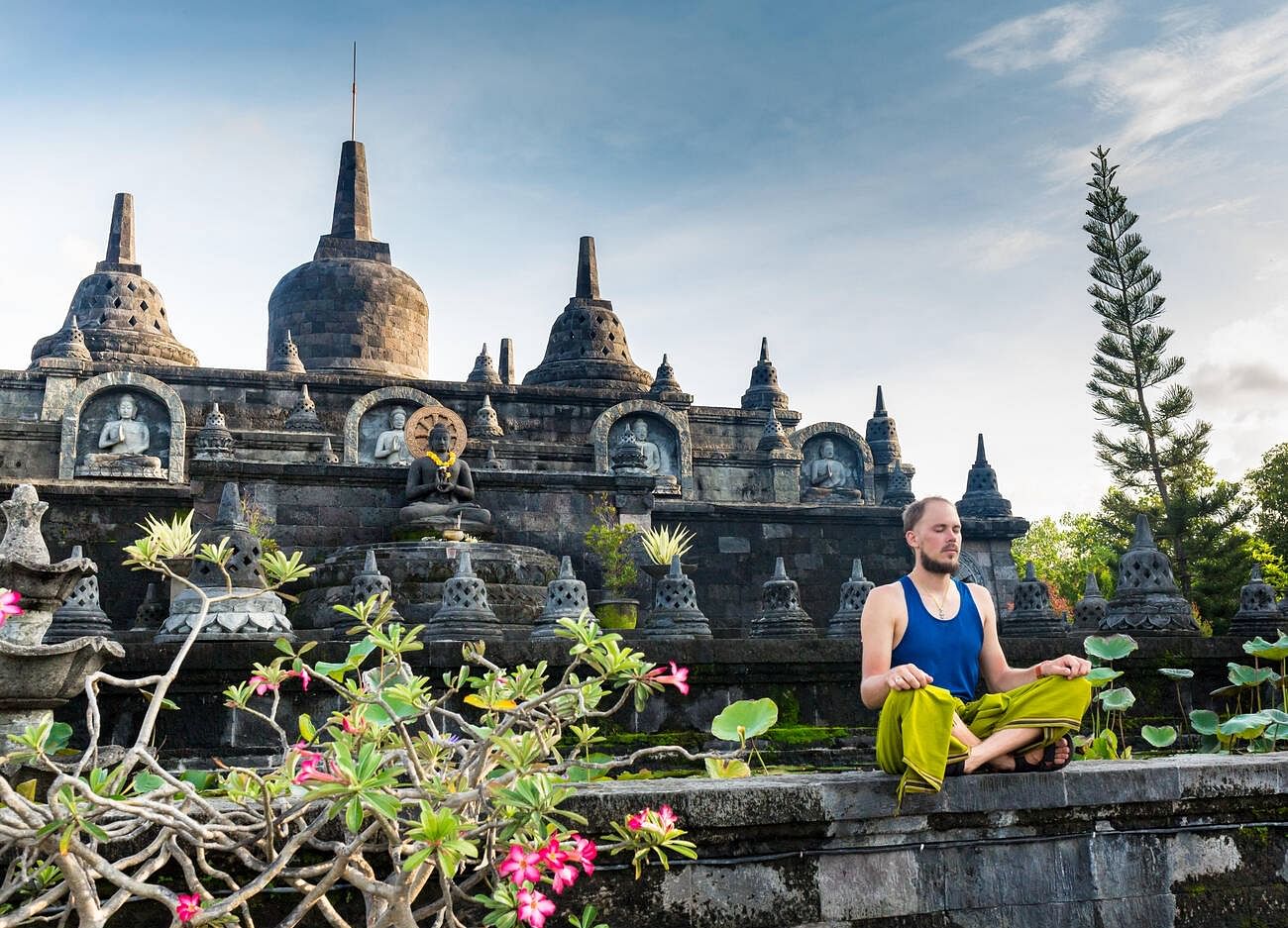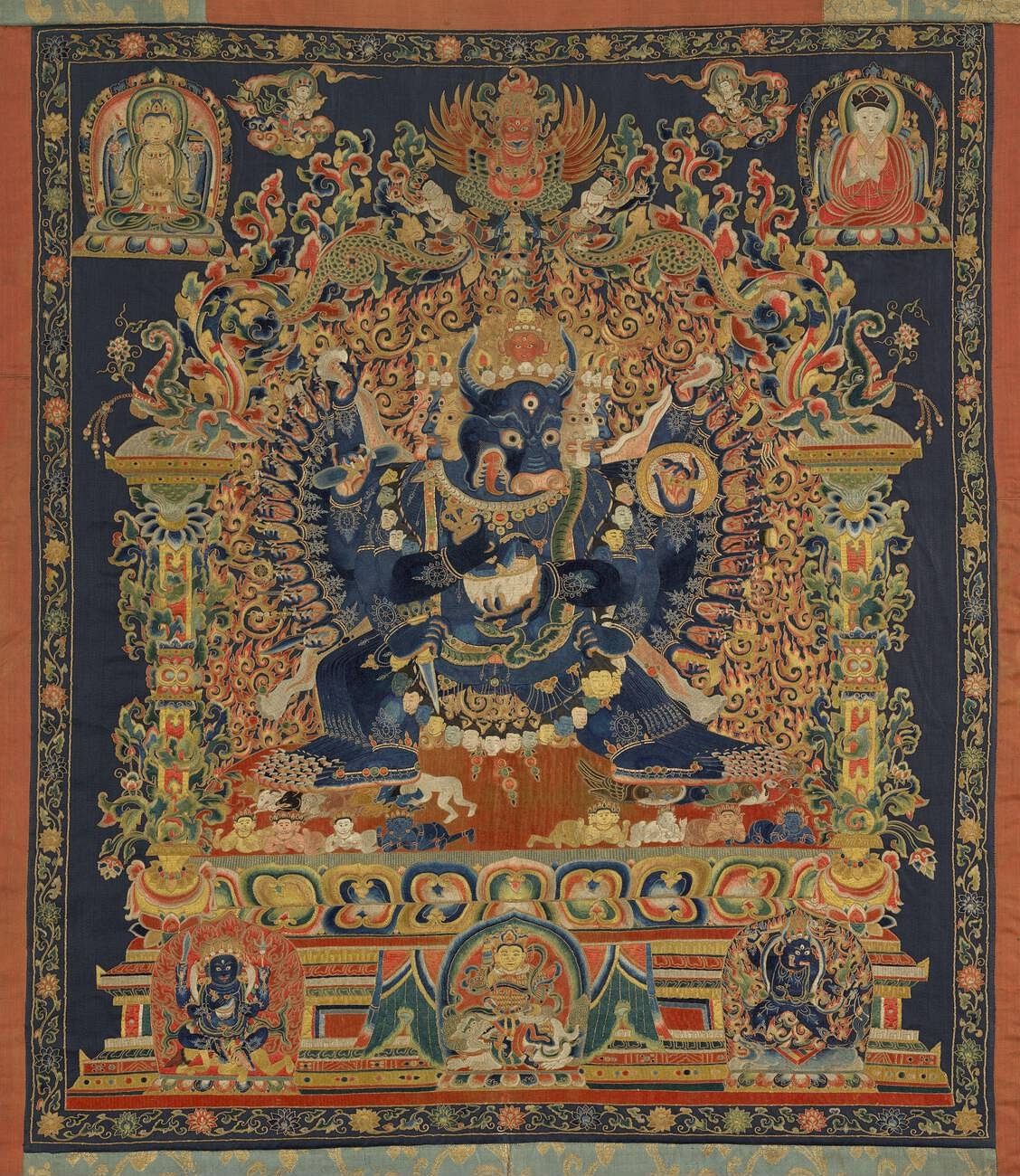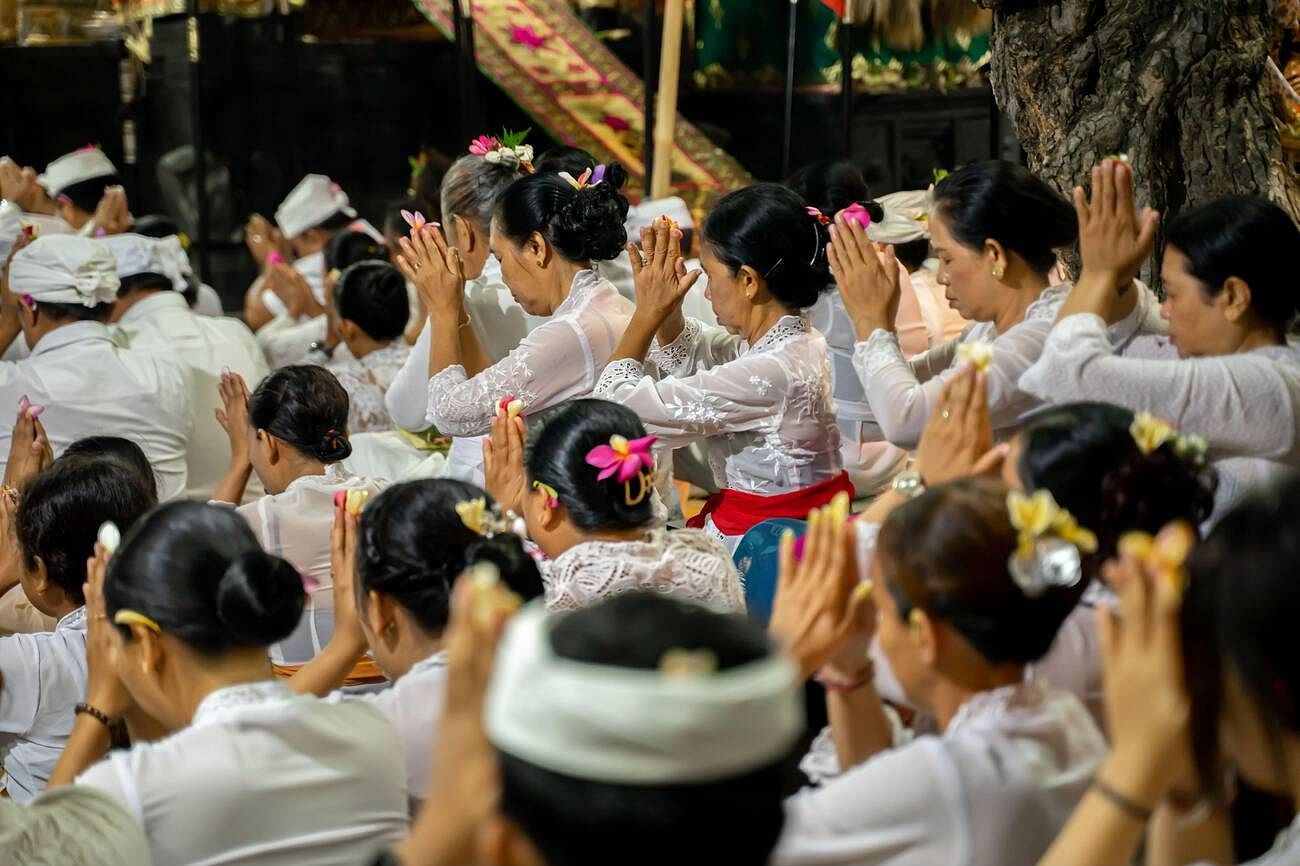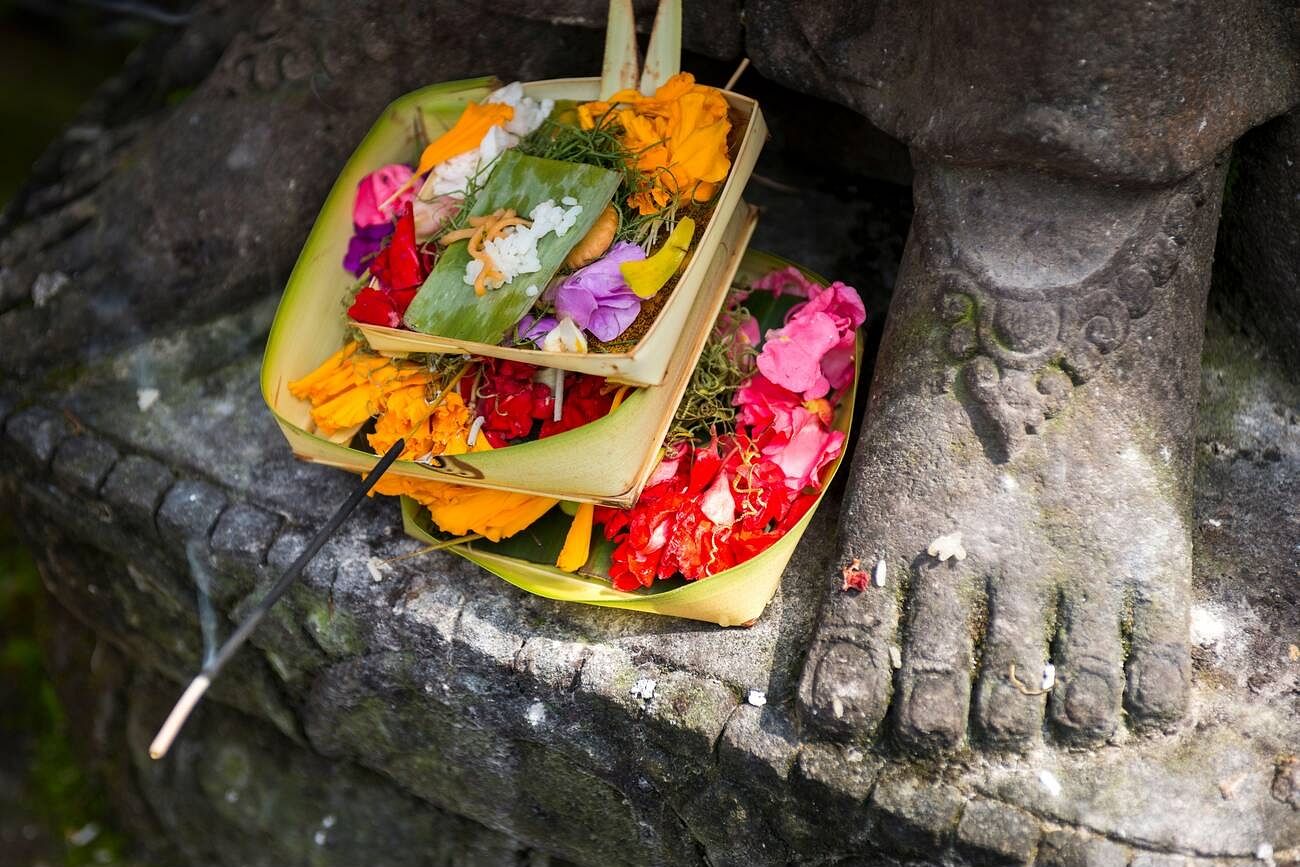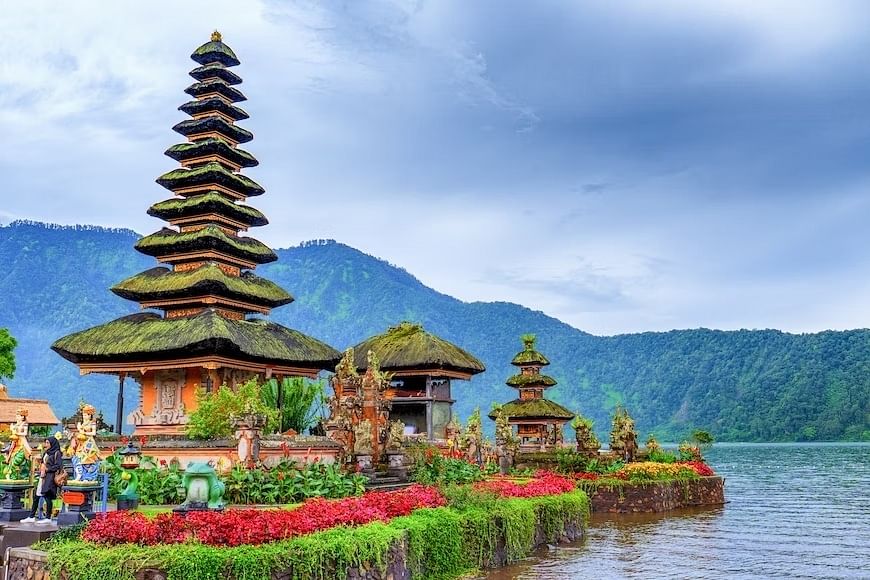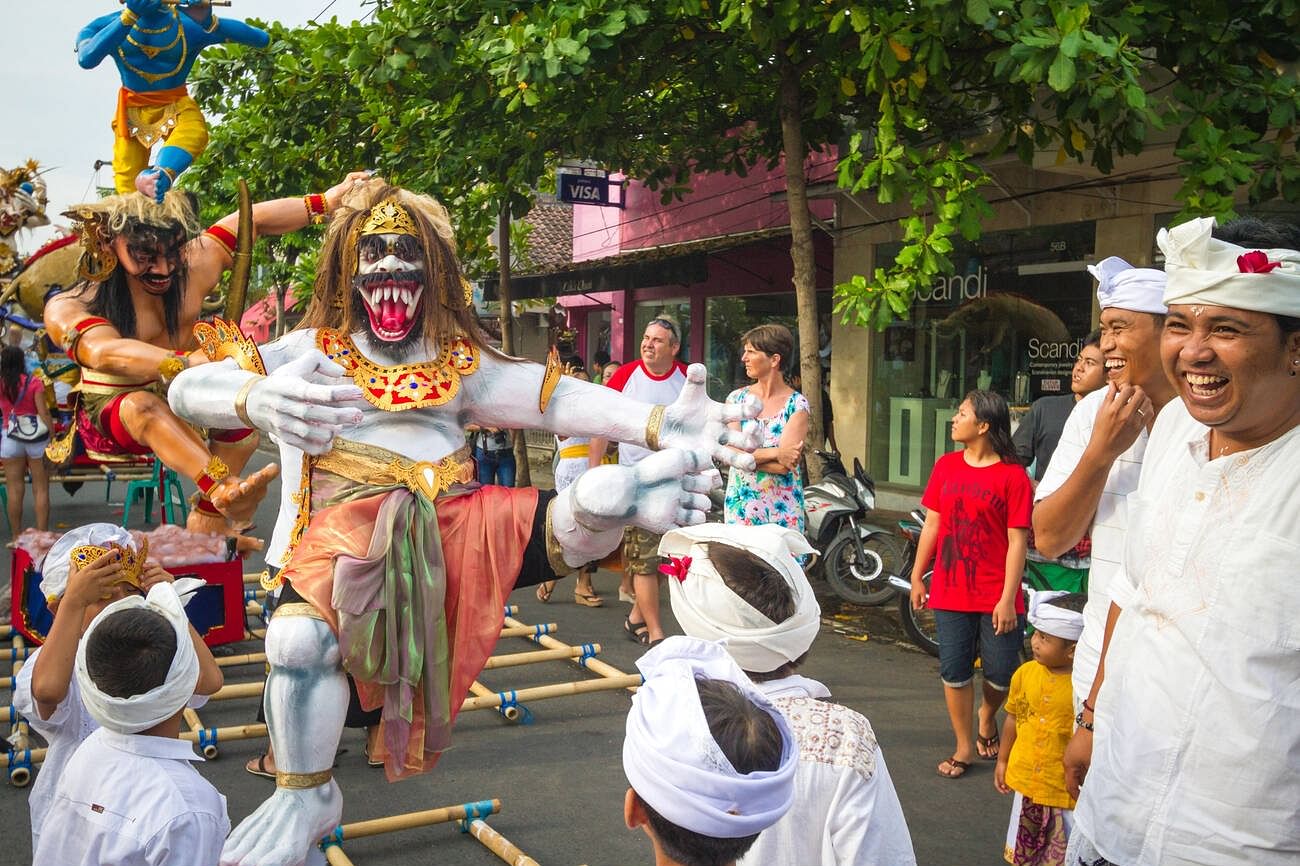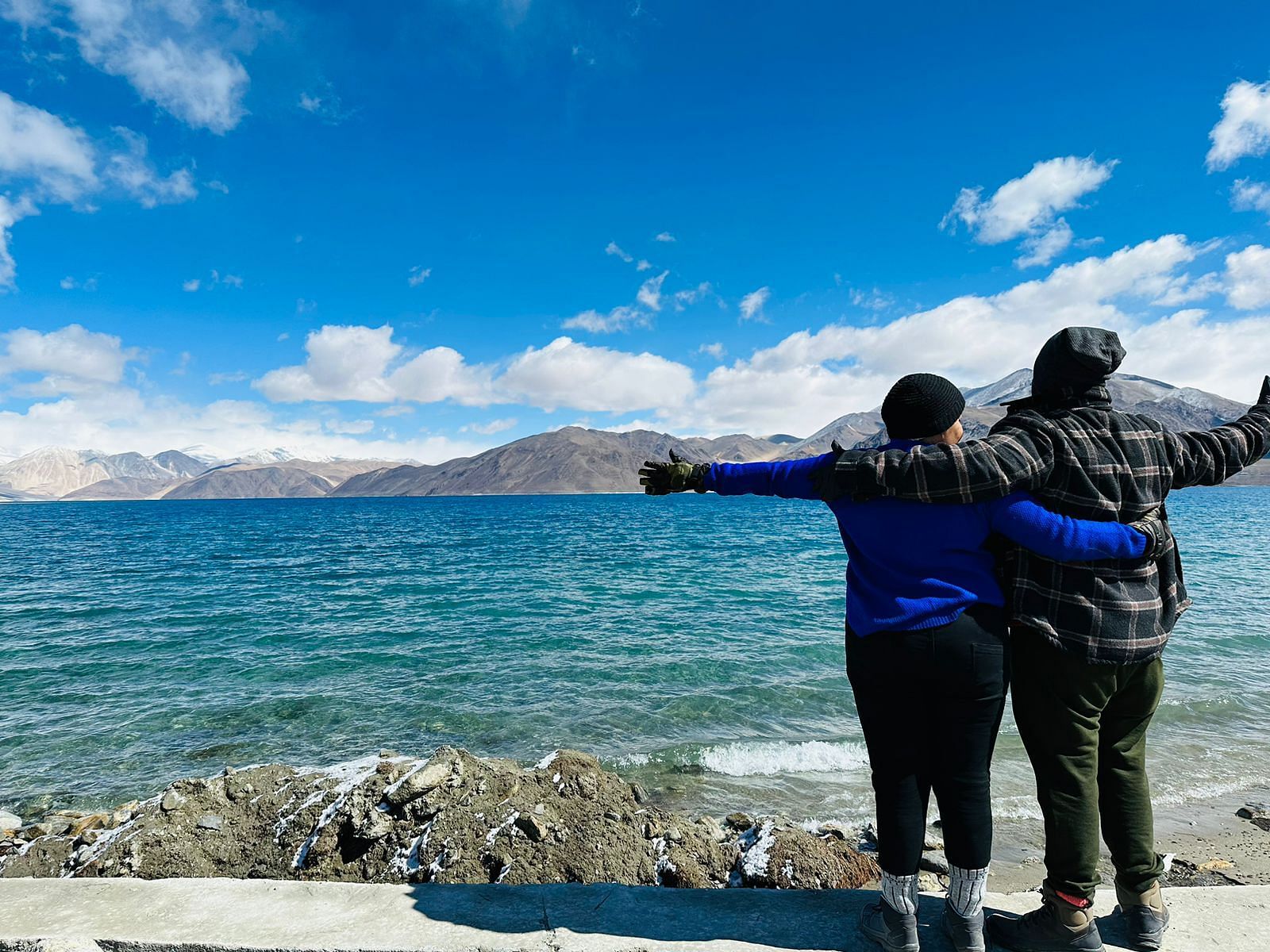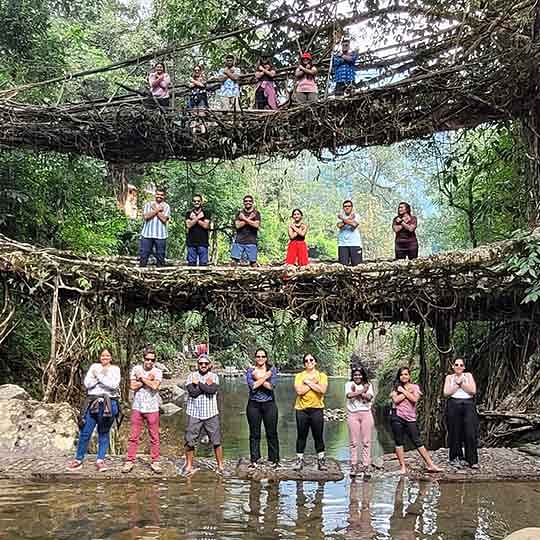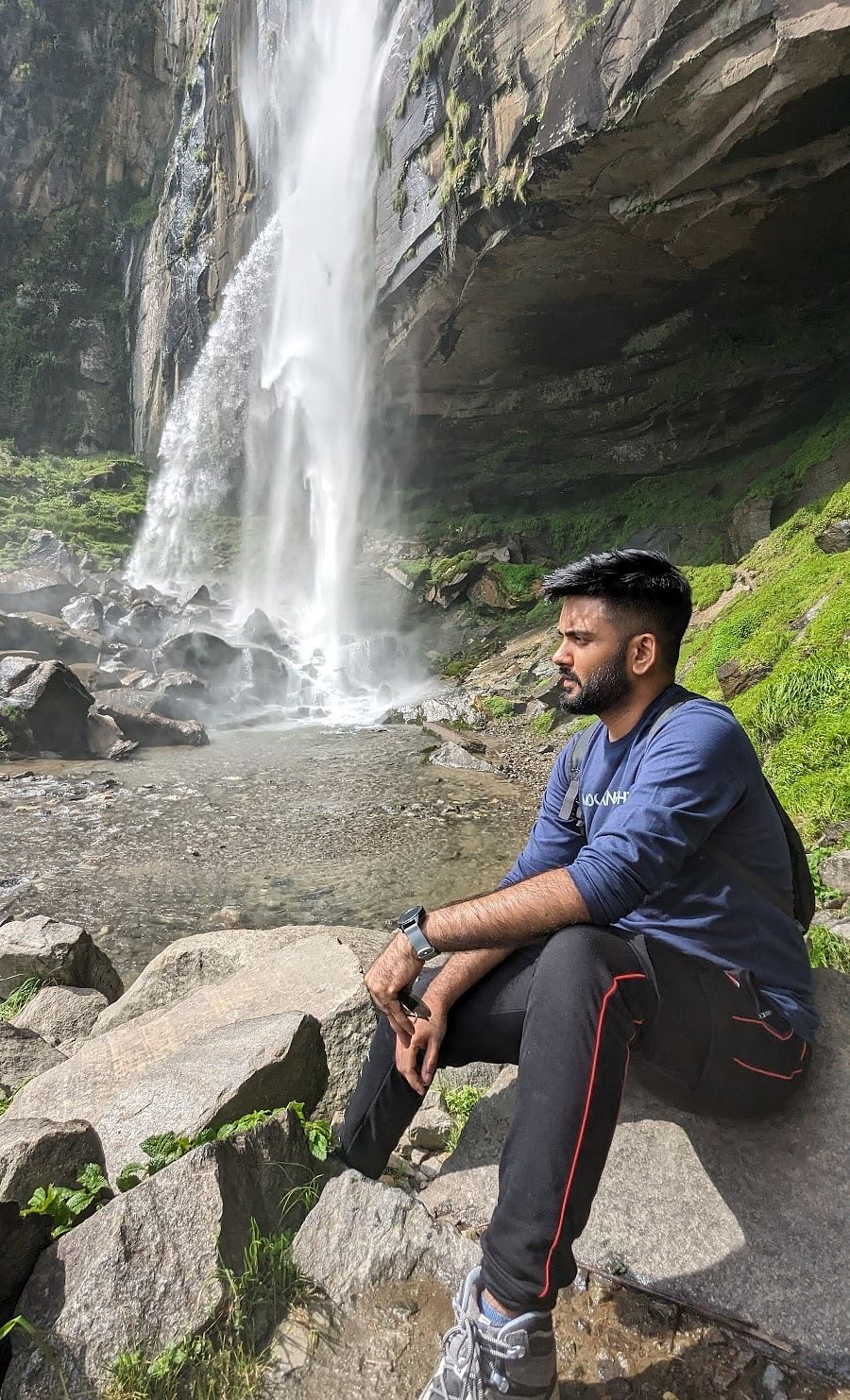Bali is a beach destination renowned for stunning sunsets overlooking its shores, great Beach Clubs, and endless Shopping. Why not grab a chance to learn about religion in Bali on your Bali tour this time?
The majority of Indonesians are Muslim, but the major religion in Bali island is strongly rooted in Balinese Hinduism, representing a distinct form of Hinduism incorporating local animism, ancestor worship, and reverence for Buddhism.
About 87% of Balinese people identify themselves as Hindus, and that is about 1.7% of the total Indonesian population. The Balinese religious beliefs centre around the concept of Agama Tirtha Dharma, or Holy Water Religion.
An important belief of Balinese Hinduism is that every element in nature is influenced by the spirit. By worshipping their ancestors and the lands that they have inherited, the Balinese follow a rich culture that merges traditions, wisdom, nature, and aesthetics. Come, let's delve deeper to understand Bali’s religion!
Understanding Bali Religions And Beliefs
Balinese Hinduism is based on the Indian trinity concept called Trimurti, meaning Three Supremes or Gods, consisting of:
- Brahma
- Wisnu or Vishnu
- Siwa or Shiva
In the local language, some Gods are also called Sang Hyang Embang or Sang Hyang Parama Kawi. The major religion in Bali island also sees a lot of worship to nature Gods such as Dewi, the rice Goddess, and Saraswati, the water Goddess, as well as mountain and river Gods.
Temples in Bali serve as a medium for this connection between the Gods and the spiritual realm with humans(bhuwa) and allow tourists to witness the cultural side of Bali at its best.
One of the key rituals of Bali’s main religion, Hinduism, is the daily offerings to spirits and ancestors.
According to the Balinese religious culture, people believe in dharma, which means one’s life path or one’s duty. If followed, life is in order and harmony, whereas when it is not followed, it creates an imbalance. The opposite of dharma, then, is adharma, which brings disorientation and chaos.
The Balinese always strive to maintain a balance between these two aspects of their life. They offer daily offerings in the temples and shrines for the lower spirits and Gods alike, as they clearly understand that both forces are part of their existence and can appear in diverse experiences.
By transcending the notion of good or bad, the Balinese people strive to find harmony, balance in every situation, and ultimately emotional freedom, that is moksha, meaning liberation from external circumstances and the endless cycle of birth and death, that is samsara( World).
The 5 Pillars Of Bali Religion
The Bali religion is also based on the five pillars of faith, which are:
- The belief in a Supreme God (Brahma),
- The belief in one soul ( Atma),
- The belief in the law of cause and effect of actions (karma),
- The belief in birth and rebirth (samsara) and
- The belief in ultimate liberation from this cycle (moksha)
These five pillars operate through the working of the prime Gods Brahma creator, Vishnu, the sustainer, and Shiva, the destroyer.
Bali Religions And Beliefs: Death & Rebirth
According to Balinese Hinduism, the soul is reborn after death if it has not reached enlightenment before. When the soul reincarnates after death and comes back into a new body, it has to clear past karma in this life. However, once moksha is attained, the soul does not reincarnate and assimilate.
In the religion of Bali, rituals for the intermediate stages between death and rebirth are given high reverence to guide a soul through the cycles. Furthermore, the Balinese see the mountains as the abode of gods, ancestors, and souls that have not been liberated.
On special occasions and festivals, it is believed that the spirits descend and take part in offerings and festivities specifically held for them.
One such mountain is Mount Agung, which is referred to as Mother Mountain and is believed to be very sacred for the Balinese people.
How Often Do Balinese People Pray?
The Bali’s Hindu population follows a dedicated prayer schedule, praying at least three times every day as part of the deeply rooted religion in Balinese culture.
They start with morning prayers at sunrise, continue with midday prayers around lunchtime, and end with evening prayers at sunset. These daily prayers happen in different sacred spaces, including family temples at home, community village temples, or the most sacred temples known as Sad Kahyangan.
Each prayer session involves creating and placing two special offerings for the gods, which are beautifully crafted small baskets called Canang Sari.
The Sacred Art Of Canang Sari Offerings
If you've walked through Bali's streets, you've likely noticed small woven baskets placed on pavements, doorways, and walkways everywhere. These colourful baskets are called Canang Sari, and they represent the heart of religion & culture in Bali.
Each Canang Sari is unique and handcrafted using three main natural materials, including bamboo, banana leaves, and coconut components that reflect the Bali main religion's connection to nature.
Inside these sacred baskets, you'll find an array of vibrant, fresh flowers whose colours symbolize the trinity gods, Bramha, Shiva, and Vishnu. Additional offerings might include cigarettes, biscuits, sweets, small amounts of money, and burning incense sticks.
These daily offerings demonstrate how Bali culture and religion seamlessly blend together, making spirituality a visible and natural part of everyday life rather than something separate from daily activities.
What Are The Different Temples In Bali?
In Balinese culture, Hindu temples are called "Pura," and they represent the foundation of Bali's religion. These sacred spaces come in various shapes, sizes, and locations, each serving different purposes.
The most common temples are family temples found in every traditional Balinese compound house. These don't need to be elaborate but are positioned in the corner closest to Mount Agung, which is considered the most sacred land in Bali since it's nearest to heaven according to Bali's main religion beliefs.
Village temples are larger community spaces where locals gather for ceremonies and daily prayers during morning, lunchtime, or evening. Most villages have three temples dedicated to the trinity gods, serving as starting points for festivals throughout the year that showcase Bali culture and religion.
The holiest temples are called Sad Kahyangan, with six main temples across Bali:
Pura Besakih, known as the Mother Temple, appears on every sacred list and sits on Mount Agung's slopes, making it the most revered site in Bali's main religion.
The six main temples include:
- Besakih Temple
- Lempuyang Temple
- Uluwatu Temple
- Goa Lawah
- Lahur Batukaru
- Pusering Jagat
These temples host the island's largest celebrations, perfectly demonstrating how Bali culture and religion intertwine in daily life.
Bali Religious Festivals 2025
Find the best Bali religious festivals and ceremonies that reflect Balinese culture.
- One of the most important Festivals in Bali is Galungan, which is a celebration of good over evil, or as mentioned above, dharma over adharma. It usually takes place on the Wednesday of the 11th week according to the Balinese calendar (which has 210 days), so there are often two Galungans each calendar year.
- Bali’s New Year is called Nyepi, which falls on a New Moon. It is an auspicious festival that also marks a day of silence. It takes place on the first day of the 10th month, which usually is around March. Everything comes to a standstill during Nyepi, which is for soul purification and reflection.
- The Melasti ceremony is one of the most important religious rituals in Bali, which takes place a few days before the Nyepi ceremony. This ceremony is a purification ritual to cleanse the body, mind, and soul before the start of the new year, according to the Saka calendar.
The Melasti ceremony usually takes place near the coast or river, as the water is believed to have the power to purify and cleanse. The ceremony involves a procession of people dressed in traditional Balinese attire, carrying various offerings and sacred objects.
- Hari Raya Saraswati is a day devoted to ‘Saraswati’, the Goddess of Knowledge and Creativity.
- Four days after Saraswati, the Balinese people celebrate Pagerwesi. They devote themselves to increasing their strength with prayers to the god called Sang Hyang Pramesti Guru.
General Bali Temple Guidelines
Understanding Bali culture and religion means following these important rules:
- Remove shoes before entering temple buildings
- Never stand higher than the priest during ceremonies
- Don't point your feet toward the altar
- Keep your voice down and maintain respectful behaviour
- Make a small donation to show gratitude for visiting
- Do not enter if you are menstruating or have open wounds
- Ask permission before photographing individuals
- Be prepared to pay if locals agree to pose for photos
- Never use flash during prayers or ceremonies
- Don't interrupt religious services for social media photos
Why Is Bali Called The Island Of Gods?
Bali earned its famous nickname "The Island of Gods" due to the strong Hindu religion followed, which is part of daily life. While most other Indonesian islands follow Islam, Bali keeps its ancient Hindu traditions alive with thousands of temples spread across the island, showcasing how religion in Balinese culture remains deeply rooted.
The Balinese people believe gods and spirits live everywhere on their island, from sacred mountains and lakes to family homes and village areas. You can see this spiritual presence everywhere through daily offerings, temple ceremonies, and religious festivals happening almost year-round, demonstrating how the Hindu religion Bali continues to thrive.
The island's beautiful landscape shows this divine connection, with decorated temples built alongside natural features like volcanoes, rice fields, and ocean cliffs.
Every village contains multiple temples, and most families have personal prayer areas in their homes, reflecting how Balinese religion creates a complete spiritual network covering the entire island.
The constant presence of temples, daily prayers, and religious ceremonies makes Bali truly deserve its title as "The Island of Gods".




